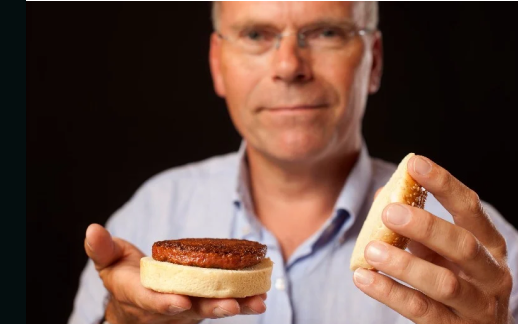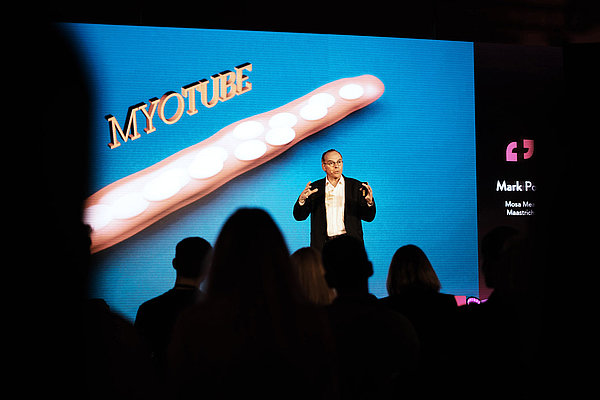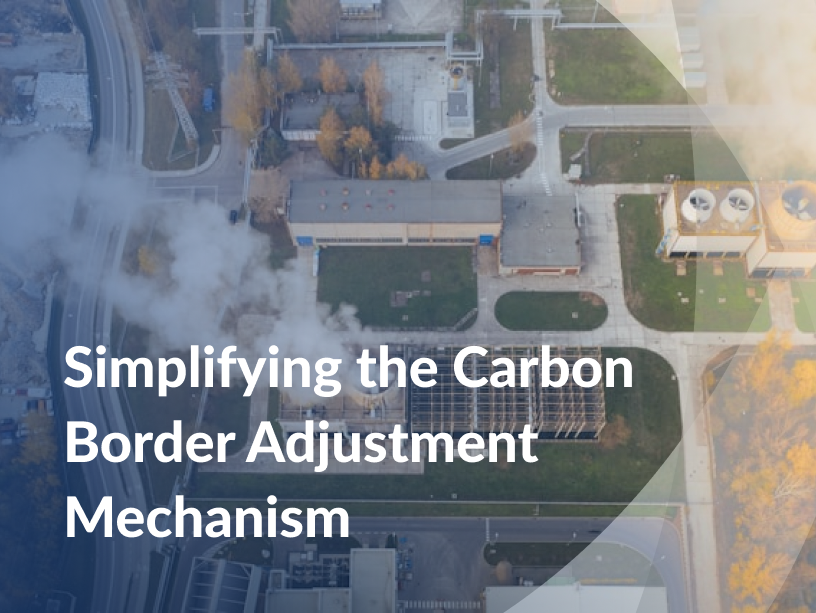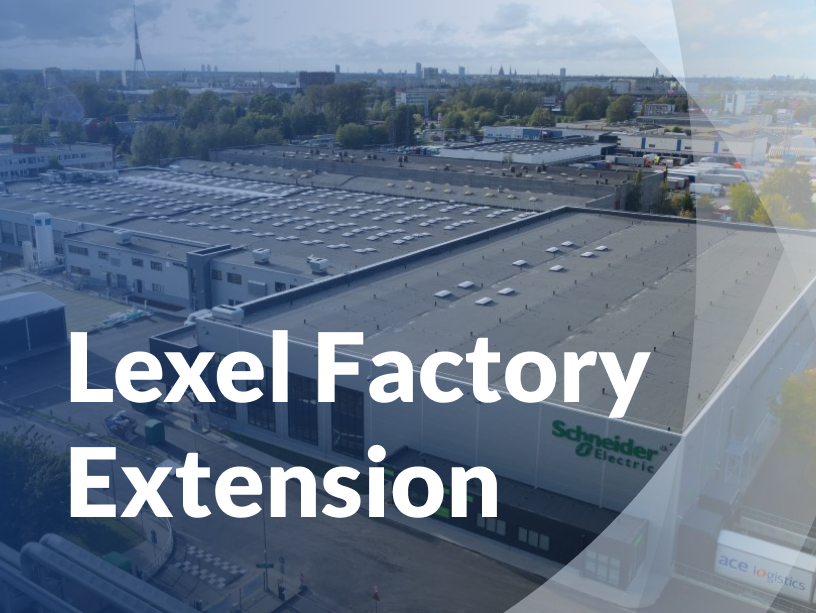
Cultivated Meat: The Risk of Food Scarcity and How Modern Technologies Can Help
Is cultivated meat poised to revolutionize the global protein market? And could this sustainable alternative to traditional meat be key to combating climate change? Production of “cultivated meat”, as the industry prefers to term it, has the potential to reduce greenhouse gas emissions by up to 96% compared with traditional livestock farming.1 It requires 99% less land and 90% less water compared with conventional meat production. How will this and other modern technologies help us tackle the risk of food scarcity? Dr. Mark Post will answer these and other questions in his upcoming lecture for Group-IPS.
We're delighted to announce that Dr. Mark Post, a renowned and award-winning tissue engineering expert and the first person to recreate a hamburger from cultivated beef, has agreed to speak at the third webinar in our "30 Years of Group-IPS Education Series" – a program of educational webinars and lectures covering a range of groundbreaking topics to celebrate 30 years of Group-IPS.
Dr. Post is Professor of Physiology at Maastrich University, and a visiting professor at Harvard and the University of Modena. He is also a Co-founder and Chief Scientific Officer at several biotechnology companies.
In his lecture, Dr. Post will lay out the process that enables meat to cultivate in the lab meat. He will outline the future of the food industry and explain the unexpected potential medical applications of cultivated meat. He will also reflect on whether the lab-based cultivation of meat is an inevitable consequence of the current, unsustainable farming methods.
We highly recommend this webinar to anyone interested in the future of the food industry. Dr. Post will discuss groundbreaking innovations in food production that could provide a more sustainable and ethical alternative to traditional farming. Cultivated meat is becoming a major topic in discussions at both the scientific and governmental levels, with some countries such as Italy looking to ban cultivated meat completely as a means to protect their national heritage. You will have an opportunity to discuss this and other aspects of this form of cellular agriculture directly with Dr. Post and other panellists during the lecture.
What you will learn:
|
|
Are you intrigued by these questions? Would like to learn more about this revolutionary field of food production and its connection to the issue of environmental sustainability? If so, then please sign up for the third event in our educational series by registering for the lecture on June 22 2023 at 17:00.
1 Nick Lin-Hi et. al, “The omnivore’s paradox and consumer acceptance of cultured meat,” Journal of Cleaner Production

The development of knowledge and skills is at the heart of Group-IPS. Issues such as technological innovation, global challenges, and above all, environmental concerns are in its DNA. However, sustainability and its integration into decision-making and planning processes cannot happen without new, scientifically, and practically validated information. That’s why we won’t shy away from topics that might be provocative in nature, controversial in some respects, but nevertheless crucial for humanity’s future.
Our goal is not only to educate but above all to inspire and broaden the horizons of participants during the "30 Years of Group-IPS Educational Series" program. We want to contribute to the development of knowledge and expertise in many areas of our lives, and the development of the business environment and innovation. We invite experts from all industries and corners of the world to this exclusive lecture series – and Dr. Mark Post is no exception. His insights and expertise in tissue engineering and the future of the food industry will undoubtedly provide invaluable information for all attendees. We look forward to a thought-provoking and enlightening webinar with Dr. Mark Post – and hope to see you all there!





